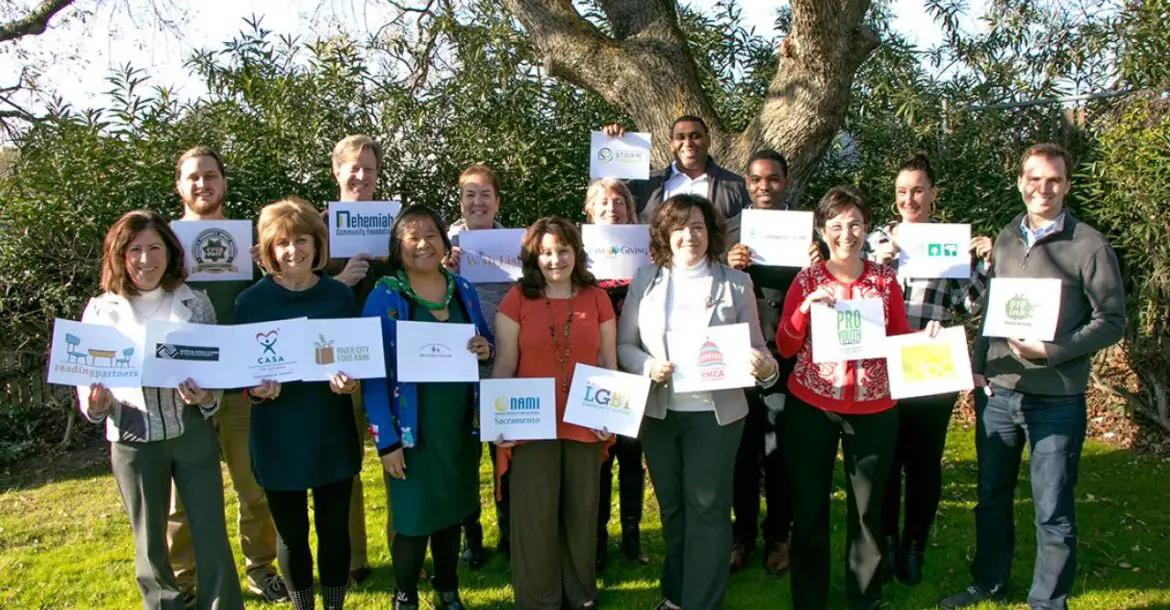The article is developed in partnership with BetterHelp.
If you do not remember your childhood trauma, it can be hard to know how to go about healing it. Triggers are a common part of trauma for many people, and they can be just about anything. If you get triggered by things and don’t know why it might be related to trauma.
Here are a few ways you can deal with your trauma triggers, even if you don’t know why they are happening.
Speak to a Therapist
A therapist can help you work through your trauma from childhood. You don’t even have to leave home to see a therapist. It’s all up to you and what feels comfortable for you.
Some types of therapy, such as hypnotism, trauma-based therapy, energy healing, regression therapy, and talk therapy, can help you go back in time and retrieve memories. However, you do not have to remember something to be able to heal trauma. If you prefer to heal your trauma without remembering the specifics, you can absolutely do this. Just make sure you let your therapist know your goals and wishes for the session.
If you want to learn more about childhood trauma and therapy, check out BetterHelp’s advice column today: https://www.betterhelp.com/advice/childhood/.
Identify and List Your Triggers
A good way to understand and prevent triggers in the future is to journal about them or list them. Listing your triggers can help you remember what triggers you in the future so that you can avoid situations where you may feel scared or reminded of your trauma.
It can also help you to show your trigger list to people close to you so that they can avoid triggering you in the future.
Imagine Saving Your Past Self
A good way to deal with the trauma that you don’t remember is by practicing meditations that allow you to imagine saving your past self from traumas you’ve been through, even if you don’t know what they are.
Imagining your adult self hugging your child self and protecting her from scary or bad people can be extremely healing, especially when done with the help of an experienced trauma therapist.
Remove Yourself From Unsafe Situations
If you are often in situations where you are reminded of trauma because something traumatic is happening, it is best to try to remove yourself as soon as possible. For example, if you are in a relationship where someone often yells at you or demeans you, this is not someone you should be with.
Although it can be difficult to leave a situation that reminds you of your childhood or feels familiar, a trained therapist can help you get ready to take the first step to get safe.
Be Patient With Yourself
It’s so important to be patient and kind to yourself when working with trauma. Any trigger of shame or self-hatred can be harmful and cause more triggers to come up. Instead of judging yourself or repeating mean thoughts that you might have heard from caregivers as a child, try to replace the thoughts with respectful and kind thoughts.
For example, if you start getting upset with yourself for not cleaning a room in your house, tell yourself, “It’s okay if I need some time to clean. I will do it when I’m ready.” When you give yourself space to take time and respect your mental health, you may feel less triggered.





